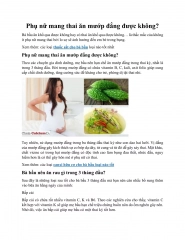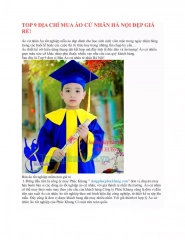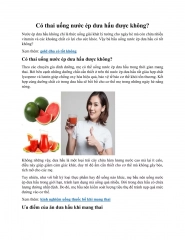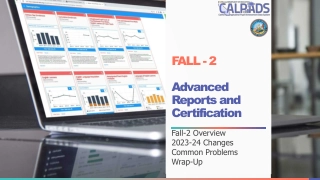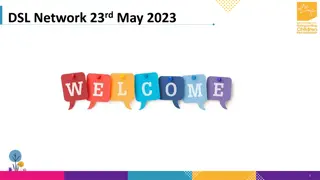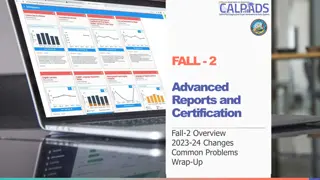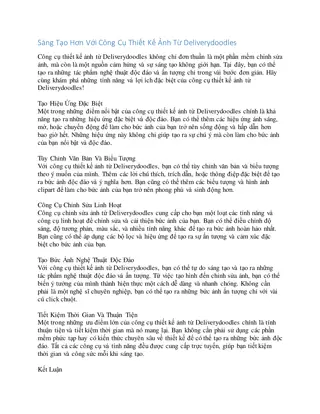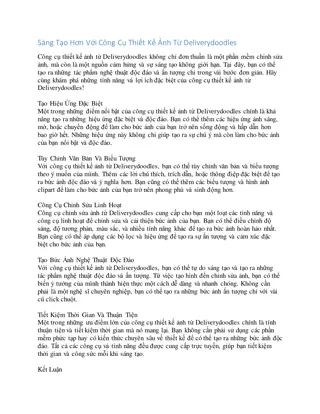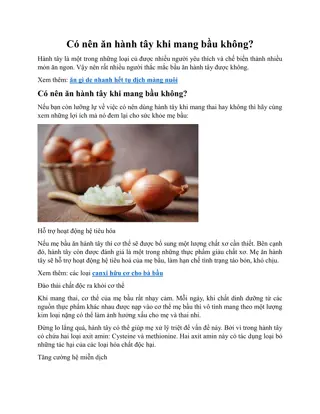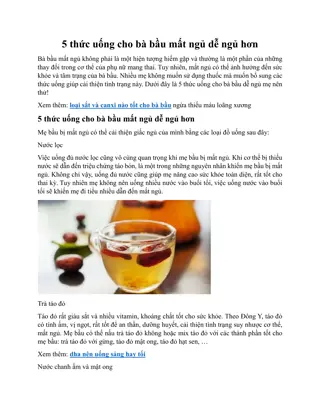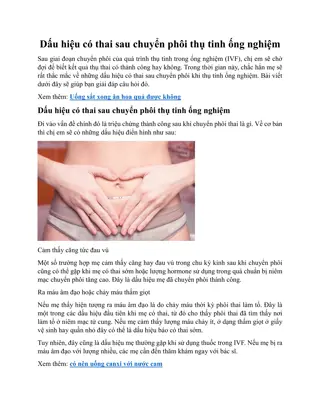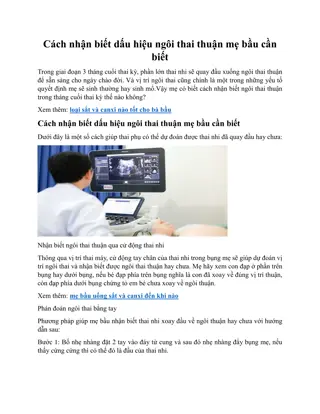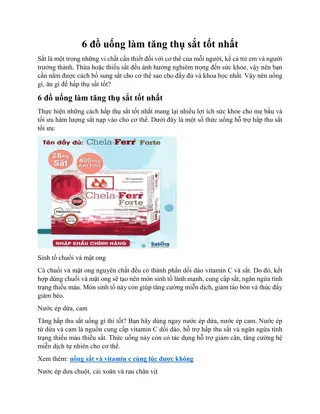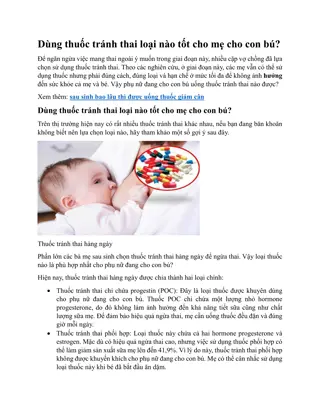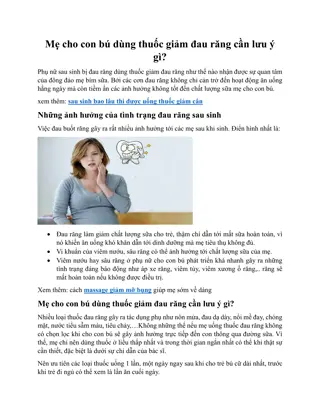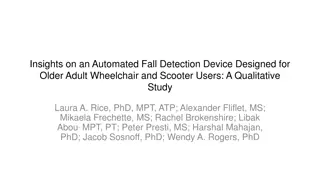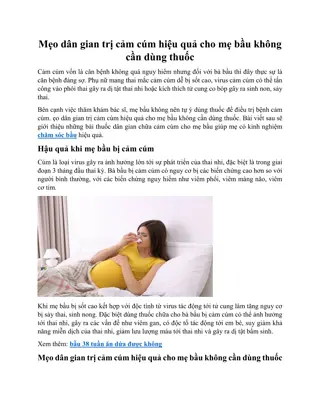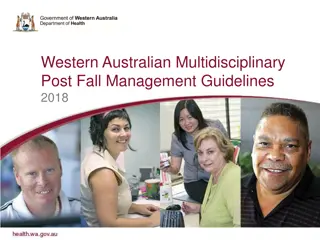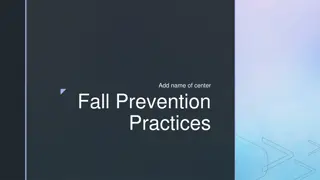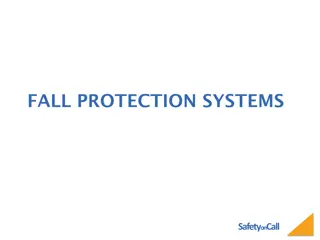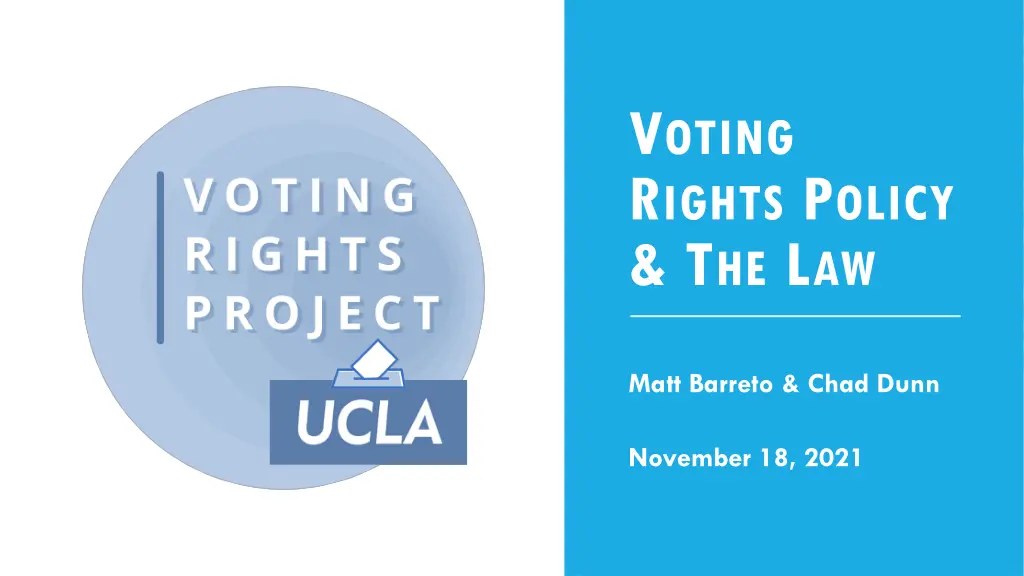
Voting Rights Policy Overview and Challenges in the Law
Explore the history and implications of the Purcell Principle in voting rights policy, focusing on legal challenges and the need for timely action in jurisdictions. The analysis includes a case study on Arizona Proposition 200 and the balance between election integrity and voter access.
Uploaded on | 1 Views
Download Presentation

Please find below an Image/Link to download the presentation.
The content on the website is provided AS IS for your information and personal use only. It may not be sold, licensed, or shared on other websites without obtaining consent from the author. If you encounter any issues during the download, it is possible that the publisher has removed the file from their server.
You are allowed to download the files provided on this website for personal or commercial use, subject to the condition that they are used lawfully. All files are the property of their respective owners.
The content on the website is provided AS IS for your information and personal use only. It may not be sold, licensed, or shared on other websites without obtaining consent from the author.
E N D
Presentation Transcript
VOTING RIGHTS POLICY & THE LAW Matt Barreto & Chad Dunn November 18, 2021
OVERVIEW Purcell Principle/Timeliness of Action Discussion of Jurisdictions 1. 2. But first any voting rights / redistricting in the news?
BEFORE PURCELL A practice that violates federal law must be remedied root and branch . Burden shifts to the government to present an effective remedy: The burden on a school board today is to come forward with a plan that promises realistically to work, and promises realistically to work now. Green v. Cty. Sch. Bd. of New Kent Cty., Va., 391 U.S. 430, 439 (1968) Once a violation is found, a remedy must take effect immediately. Including delaying election deadlines or moving the election all together.
PURCELL (2006) Challenge to Arizona Proposition 200 where voters had approved a new law requiring voters to 1) prove citizenship to vote and 2) provide a photo voter ID. DOJ Precleared the new law under Section 5 Trial Court did not rule on Section 2 case until October 11, 2006 Injunction denied: plaintiffs have shown a possibility of success on the merits of some of their arguments but the Court cannot say that at this stage they have shown a strong likelihood. Ninth Circuit issues 4 sentence order enjoining Prop 200 pending appeal.
PURCELL (2006) A State indisputably has a compelling interest in preserving the integrity of its election process. Eu v. San Francisco County Democratic Central Comm., 489 U. S. 214, 231 (1989). Confidence in the integrity of our electoral processes is essential to the functioning of our participatory democracy. Voter fraud drives honest citizens out of the democratic process and breeds distrust of our government. Voters who fear their legitimate votes will be outweighed by fraudulent ones will feel disenfranchised. [T]he right of suffrage can be denied by a debasement or dilution of the weight of a citizen s vote just as effectively as by wholly prohibiting the free exercise of the franchise. Reynolds v. Sims, 377 U. S. 533, 555 (1964). Countering the State s compelling interest in preventing voter fraud is the plaintiffs strong interest in exercising the fundamental political right to vote. Dunn v. Blumstein, 405 U. S. 330, 336 (1972) (internal quotation marks omitted). Although the likely effects of Proposition 200 are much debated, the possibility that qualified voters might be turned away from the polls would caution any district judge to give careful consideration to the plaintiffs challenges.
PURCELL IN PRACTICE About a month before the 2014 election, the United States Supreme Court issued a series of four extraordinary orders in election law cases. Without any explanation, the Court: 1) stayed a district court order which would have required Ohio to restore extra days of early voting 2) stayed a Fourth Circuit order (partially reversing a district court) which would have restored same-day voter registration and the counting of certain provisional ballots in North Carolina 3) vacated a Seventh Circuit stay of a district court order barring Wisconsin from implementing its new strict voter identification law 4) refused to vacate a Fifth Circuit stay of a district court order which would have barred Texas from continuing to use its new strict voter identification law
PURCELL IN PRACTICE Veasey v. Abbott, Texas Voter ID case Injunction entered after weeks of trial Stay entered by Fifth Circuit Justice Ginsburg on her dissent from U.S. Supreme Court order refusing to lift stay: First this case was unlike others because it had gone through a complete 9 day trial, reams of evidence, and an excellent decision written by the district court. This was a new system for Texas. From 2003-2013, they have a voter id that was reasonable. There were many things you could present. The new law cut back drastically on that. There had never been a federal election held under the new law. There had been local elections with very small turnout. So the poll watchers [workers?-Ed] were more familiar with old procedur[e]. So I didn t think this case fell into the mold of we can t disturb an election. There had been very little in the way of educational efforts, so that people knew what the new law required, so that the poll watchers would know. So I thought that the old system would involve less disruption than this never done-in-a-federal-election- before [system].
RNC V. DNC April 2020 COVID-19 Pandemic setting in Wisconsin maintains April 7, 2020 Presidential Primary Election Rush of vote by mail applications (150,000 is a few days) Election workers will not be able to deliver ready to be voted ballots before election day Mail is delayed/Stay at home order until April 24 Plaintiffs (DNC) ask that deadline to receive voted ballot be extended and that no post-mark deadline be required Benchmark law had no postmark deadline, just receipt deadline District Court enters injunction that 1) extends receipt deadline to April 13 but does not impose post-mark deadline (April 3) State government does not oppose but RNC intervenes 7th Circuit declines to stay injunction (April 3) Supreme Court lifts injunction after days of implementation
RNC V. DNC This Court has repeatedly emphasized that lower federal courts should ordinarily not alter the election rules on the eve of an election. See Purcell v. Gonzalez, 549 U. S. 1 (2006) (per curiam); Frank v. Walker, 574 U. S. 929 (2014); Veasey v. Perry, 574 U. S. __ (2014). Justice Ginsburg s Dissent: [T]he Court s order cites Purcell, apparently skeptical of the District Court s intervention shortly before an election. Nevermind that the District Court was reacting to a grave, rapidly developing public health crisis. If proximity to the election counseled hesitation when the District Court acted several days ago, this Court s intervention today even closer to the election is all the more inappropriate.
PURCELL: EITHER TOO LATE OR TOO EARLY Voting rights Plaintiffs can never find the goldilocks zone. When filing early, the government defends that election conditions are not yet clear and/or full election rules needed to determine burdens are not yet fully developed. When filing later after rules develop, the Court rules that any relief is too late. When relief is provided timely in a lower court, the higher court justifies reversing that relief because of its later review.
PURCELL: UNPRINCIPLED PRINCIPLE TDP v. Abbott (filed April 7, 2020): 26thAmendment Claim on Texas s age restriction to vote by mail Injunction entered May 19 by Judge Fred Biery Fifth Circuit issues stay of Injunction on June 4, 2020: Just days after themselves obtaining an injunction intervening in forth-coming elections, the plaintiffs ambitiously suggest that we should now refrain from intervening ourselves, given the proximity of a forthcoming election and the mechanics and complexities of state election laws. That invocation reminds us of the legal definition of chutzpah: . . . a young man, convicted of murdering his parents, who argues for mercy on the ground that he is an orphan. In any case, we would prefer not to [intervene], but when a lower court at the plaintiffs behest erroneously intervenes and alters the election rules so close to the election date, our precedents indicate that [we], as appropriate, should correct that error. Republican Nat l Comm., 140 S. Ct. at 1207.
VOTING RIGHTS POLICY & THE LAW Matt Barreto & Chad Dunn November 18, 2021

